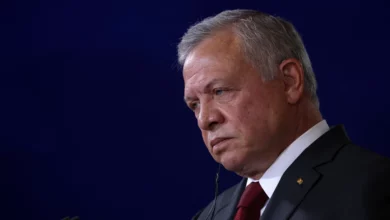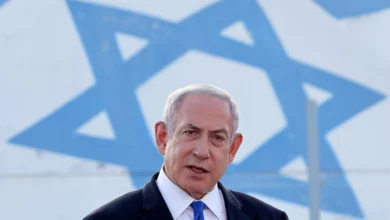
Iran and Saudi Arabia must overcome strained relations and work for stability in Syria and the Middle East, Iran's foreign minister said on Friday, a day after Syrian peace talks brought the rivals to the same table for the first time in months.
Speaking at the Munich Security Conference hours after his Saudi counterpart addressed the event, Mohammed Javad Zarif said he wanted to stop the bickering and had a simple message: "We need to work together."
"Iran and Saudi Arabia cannot exclude each other from the region," he said, referring to Riyadh as "our Saudi brothers". "We are prepared to work with Saudi Arabia … I believe Iran and Saudi Arabia can have shared interests in Syria."
Arch-rivals for regional hegemony, the two oil producers are on opposite sides in Syria's war and increasingly bad-tempered exchanges between the conservative Sunni-ruled kingdom and the revolutionary Shia theocracy bode ill for the region.
Ties have worsened since the kingdom's execution in January of prominent Shia cleric Nimr al-Nimr prompted attacks on the Saudi embassy in Tehran. Saudi Arabia subsequently cut all ties with Iran.
Zarif said he took inspiration from Iran's historic nuclear deal with world powers last July, saying that agreement and the lifting of sanctions that have followed showed how deep-seated problems can be resolved through diplomacy.
"We have a common opportunity, common challenges, common threats," Zarif said, adding that it was time to "set aside the past and have a new narrative, a new paradigm for the future."
Iran and Saudi Arabia were at the same table during six hours of talks in Munich among world and regional powers on Thursday to discuss Syria's civil war, agreeing a "cessation of hostilities" to take effect in a week's time.
There was no consensus on the future of Syrian President Bashar al-Assad, who Iran and Russia are backing in a military assault to take back territory from rebels seeking to oust him.
Saudi Foreign Minister Adel al-Jubeir, who spoke in Munich before Zarif, made no references to Iran and underscored the differences over Assad's future, telling EU ministers and diplomats that the Syrian leader would be removed. "That's our objective and we will achieve it," he said.




